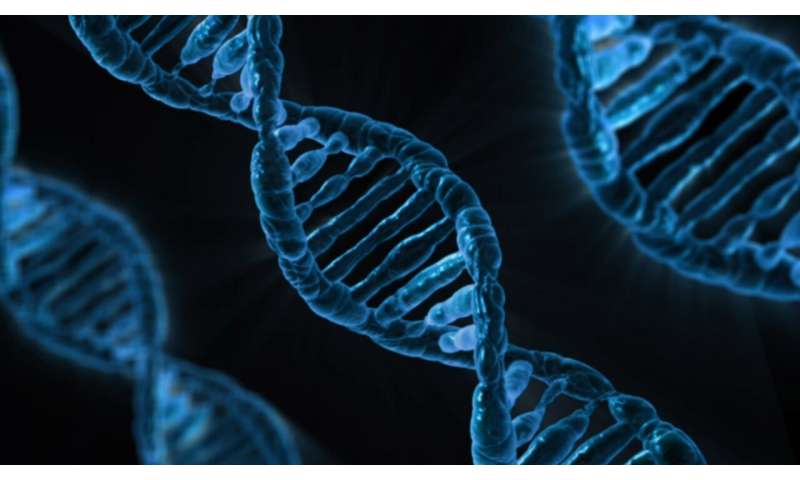
Atypical teratoid rhabdoid tumors (ATRT) are a rare, fast-growing form of brain cancer that usually strikes children three years and younger, though they can occur in older children and adults. There are multiple treatments, but no definitive standard of care and long-term survival is poor.
The cause of ATRT is primarily linked to inactivation of a gene called SMARCB1, part of a larger complex that helps regulate gene expression and developmental processes. In a study published online September 10, 2020 in the journal Genes & Development, an international team of scientists, led by researchers at University of California San Diego School of Medicine and the San Diego Branch of the Ludwig Institute for Cancer Research, describe how the loss of the gene negatively impacts neural development and promotes tumor growth.
“Previous research has established that, unlike some cancers, ATRT is predominantly associated with the functional loss of a single gene—SMARCB1—which leads to tumor development through changes in how genes are expressed rather than the combined effect of multiple gene mutations,” said senior author Frank Furnari, Ph.D., professor of pathology and Ludwig San Diego member.
“ATRT is a very deadly cancer with very few effective therapies, which are complicated by the negative effects of radiation upon the child’s cognitive development. We need targeted therapeutics and to create those, we need to better understand the mechanisms driving ATRT.”
Led by Furnari and first author Alison Parisian, a graduate student in Funari’s lab, the team prompted the loss of SMARCB1 in human induced pluripotent stem cells, then directed the iPSCs to develop into neurons or into cerebral organoids—complexes of diverse nerve cells and glia that mimic functional aspects of the developing brain in miniature.
In doing so, they identified an interaction between the loss of SMARCB1 and neural differentiation pressure, which resulted in both a resistance to final differentiation and a defect in maintaining normal cell health that showed similarity to patient tumors.
Source: Read Full Article